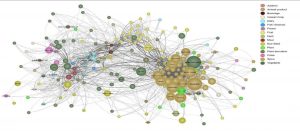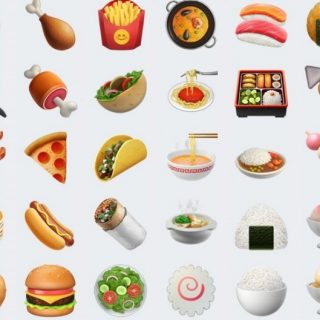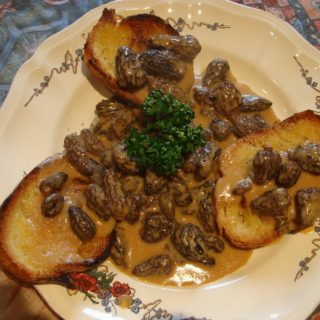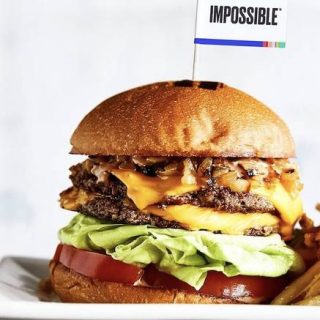 Cooking forms the core of our cultural identity other than being the basis of nutrition and health. The increasing availability of culinary data and the advent of computational methods for their scrutiny are dramatically changing the artistic outlook towards gastronomy. Starting with a seemingly simple question, ‘Why do we eat what we eat?’ data-driven research conducted in Bagler’s lab has led to interesting explorations of traditional recipes, their flavor composition, and health associations.
Cooking forms the core of our cultural identity other than being the basis of nutrition and health. The increasing availability of culinary data and the advent of computational methods for their scrutiny are dramatically changing the artistic outlook towards gastronomy. Starting with a seemingly simple question, ‘Why do we eat what we eat?’ data-driven research conducted in Bagler’s lab has led to interesting explorations of traditional recipes, their flavor composition, and health associations.
Recent investigations have revealed ‘culinary fingerprints’ of regional cuisines across the world, starting with the case study of Indian cuisine. Application of data-driven strategies for investigating the gastronomic data has opened up exciting avenues giving rise to an all-new field of ‘Computational Gastronomy’. This emerging interdisciplinary science asks questions of culinary origin to seek their answers via the compilation of culinary data and their analysis using methods of statistics, computer science, and artificial intelligence. Along with complementary experimental studies, these endeavors have the potential to transform the food landscape by effectively leveraging data-driven food innovations for better health and nutrition.
Professor Ganesh Bagler is known for the pioneering research in ‘Computational Gastronomy,’ the emerging data science that blends food with artificial intelligence. Trailblazing research from his lab has established foundations of this niche area that deals with food, flavors, nutrition, and health. Prof. Bagler has an audacious dream of transforming the global food landscape through data-driven innovations.

















